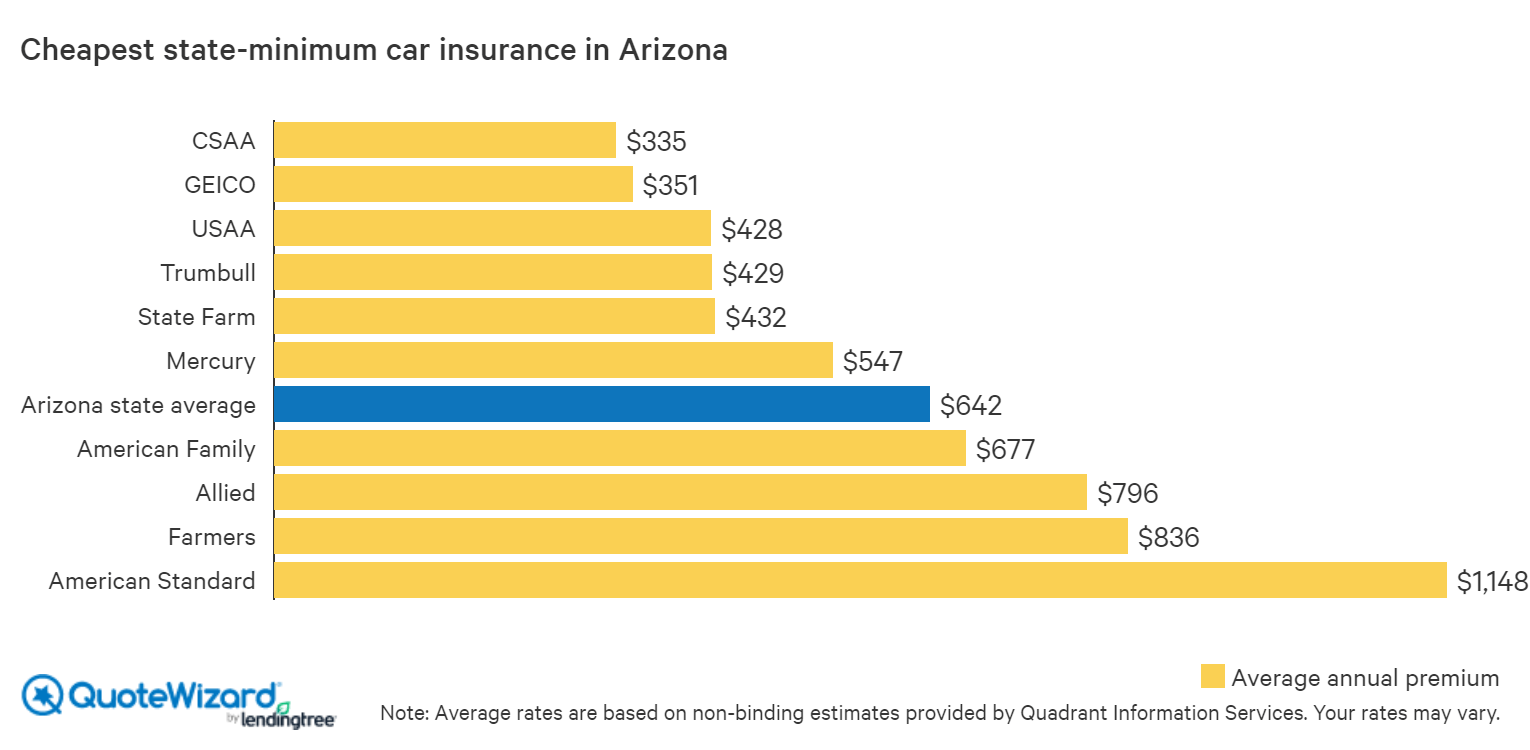I have actually skipped it often times, and my number has yet to come up. If it turns out that I require to cancel or interrupt, I'll simply need to take my monetary swellings I played the chances and lost. However in many cases it's probably a great concept to get this coverage for example, if you're paying a lot of up-front money for an arranged trip or short-term accommodation rental (both of which are expensive to cancel), if you or your travel partner have doubtful health, or if you have actually an enjoyed one in your home in poor health. A standard trip-cancellation or disturbance insurance coverage policy covers the nonrefundable punitive damages or losses you sustain when you cancel a pre-paid trip or flight for an appropriate factor, such as: You, your travel partner, or a family member can not take a trip due to the fact that of illness, death, or layoff, Your tour business or airline company fails or can't perform as guaranteed A member of the family in your home gets ill (examine the small print to see how a relative's pre-existing condition might impact coverage) You miss a flight or require an emergency flight for a factor outside your control (such as an automobile accident, inclement weather condition, or a strike) So, if you or your travel partner accidentally breaks a leg a couple of days before your journey, you can both bail out (if you both have this insurance coverage) without losing all the cash you spent for the journey.
This kind of insurance can be used whether you're on an arranged tour or cruise, or traveling individually (in which case, only the pre-paid expenses such as your flight and any nonrefundable hotel bookings are covered). Note the difference: Journey cancellation is when you do not go on your trip at all. Trip disturbance is when you begin a journey but need to suffice short; in this case, you'll be repaid just for the part of the trip that you didn't complete. If you're taking a trip, it might already include some cancellation insurance coverage ask - How much is homeowners insurance. Some insurance companies will not cover specific airline companies or tour operators.
Make certain your carrier is covered. Purchase your insurance coverage policy within a week of the date you make the first payment on your trip. Policies acquired behind a designated cutoff date usually 7 to 21 days, as identified by the insurance provider are less most likely to cover trip company or air provider bankruptcies, pre-existing medical conditions (yours or those of member of the family in your home), or terrorist incidents. Mental-health concerns are generally not covered. Tense travelers are complaining about two big unknowns: terrorist attacks and natural catastrophes. Ask your business for details. A terrorist attack or natural catastrophe in your home town may or might not be covered.
Even then, if your trip operator offers a substitute itinerary, your protection might become void. When it comes to natural disasters, you're covered only if your destination is uninhabitable (for example, your hotel is flooded or the airport is gone). War or break outs of illness normally aren't covered. With travel turned upside down by the coronavirus pandemic, it's more vital than ever to know what travel insurance covers and what it does not. While many basic policies supply coverage for flight cancellations and trip interruptions due to unpredicted events, many COVID-19related problems are excluded from coverage, including: Worry of travel: If you decide not to take a trip out of fear of contracting COVID-19, your insurance coverage will not cover you.
About What Is Florida Unemployment Insurance

Extra COVID-19 outbreaks: If the area you're preparing to check out experiences brand-new shutdowns after you've booked the trip, do not want to your travel insurance for coverage. Breaking government travel cautions: If you do have protection, your policy might be voided if you take a trip someplace that your federal government has deemed hazardous, or if your federal government has limited global travel. You may be able to avoid the question of what is and what isn't covered by purchasing a costly "cancel for any reason" policy (explained below). Health emergency situations are the primary cause for trip cancellations and disruptions, and they can feature high medical bills along with prolonged accommodations costs for travel partners.
While numerous United States insurers cover you overseas, Medicare does not. Likewise, make sure you know any policy exemptions such as preauthorization requirements. Even if your health insurance does cover you internationally, you may want to consider purchasing a special medical travel policy. Much of the additional coverage offered is supplemental (or "secondary"), so it covers whatever expenditures your health strategy does not, such as deductibles. However you can also buy primary protection, which will look after your costs approximately a specific amount. In emergency situation scenarios involving costly treatments or overnight stays, the hospital will typically work directly with your travel-insurance provider on billing (but not with your routine health insurance company; you'll likely need to pay up front to the healthcare facility or center, then get reimbursed by your stateside insurance company later on).
Whatever the scenarios, it's smart to call your insurance provider from the road to let them know that you have actually sought medical help. Lots of pre-existing conditions are covered by medical and trip-cancellation coverage, depending upon when you buy the coverage and how just recently you've been treated for the condition. If you take a trip frequently to Europe, multi-trip yearly policies can conserve you cash. Talk to your representative or insurer before you commit. The United States State Department periodically concerns cautions about taking a trip to at-risk nations. If you're checking out among these countries, your cancellation and medical insurance will likely not be honored, unless you buy additional coverage.
Compare the expense of a stand-alone travel medical strategy with comprehensive insurance, which comes with good medical and evacuation protection. A travel-insurance company can assist you figure out the alternatives. Particular Medigap strategies cover some emergency situation care outside the US; call the company of your extra policy for the information. Theft is specifically worrisome when you think about the dollar worth of the items we load along. Laptops, tablets, cams, smartphones, and e-book readers are all pricey to change. One way to safeguard your financial investment is to acquire travel insurance coverage from a specialized business such as Travel Guard, which provides a range of options that include protection for theft.

The Only Guide to How Does Gap Insurance Work
It's likewise smart to examine with your house owners or tenants insurer. Under many policies, your personal home is currently secured versus theft throughout the world but your insurance coverage deductible still uses. If you have a $1,000 deductible and your $700 tablet is taken, you'll have to pay to change it. Instead of purchasing different insurance coverage, it might make more sense to add a rider to your existing policy to cover pricey products while you take a trip. Prior to you leave, it's a good concept to take a stock of all the high-value products you're bringing. Make a list of serial numbers, makes, and models of your electronics, and take pictures that can work as records.